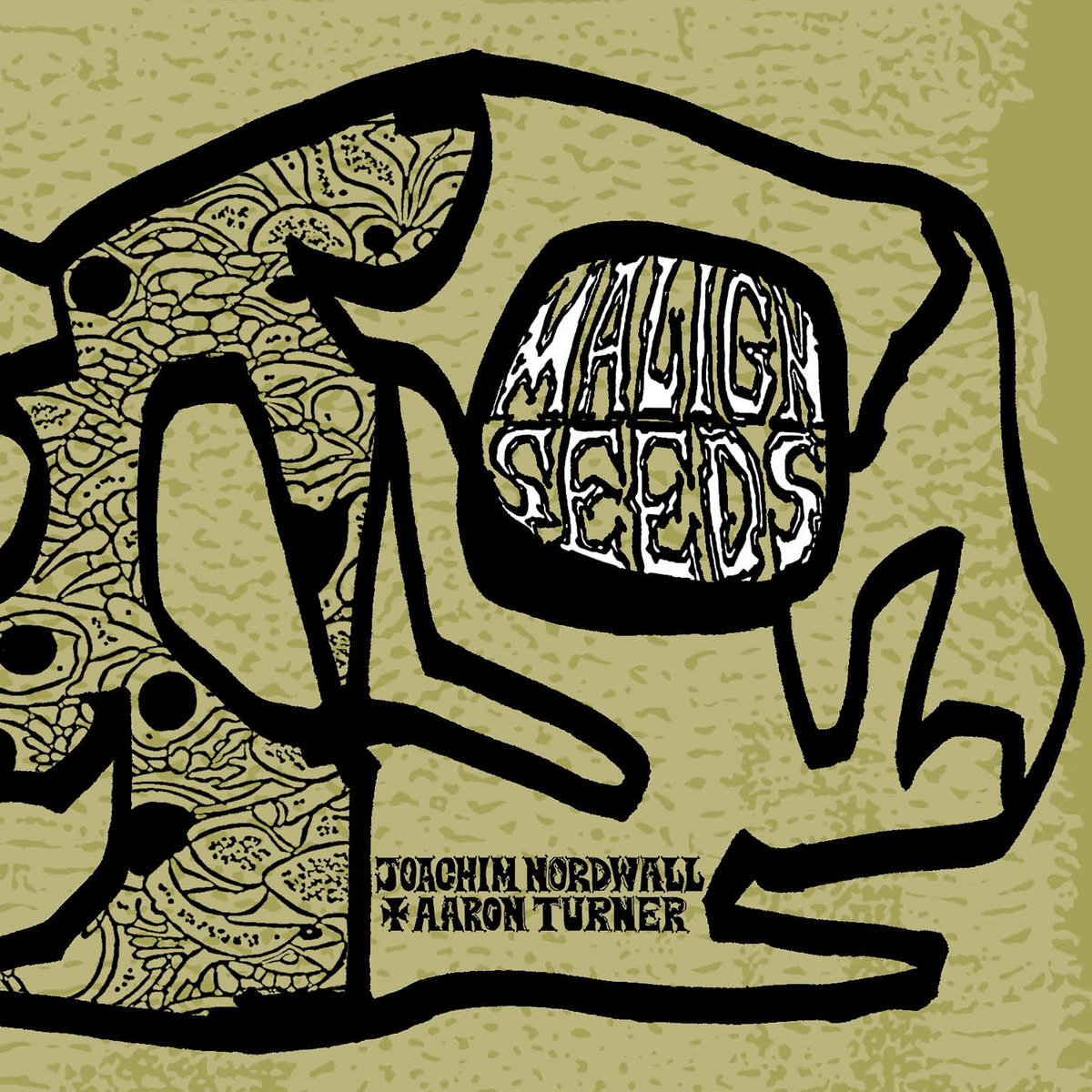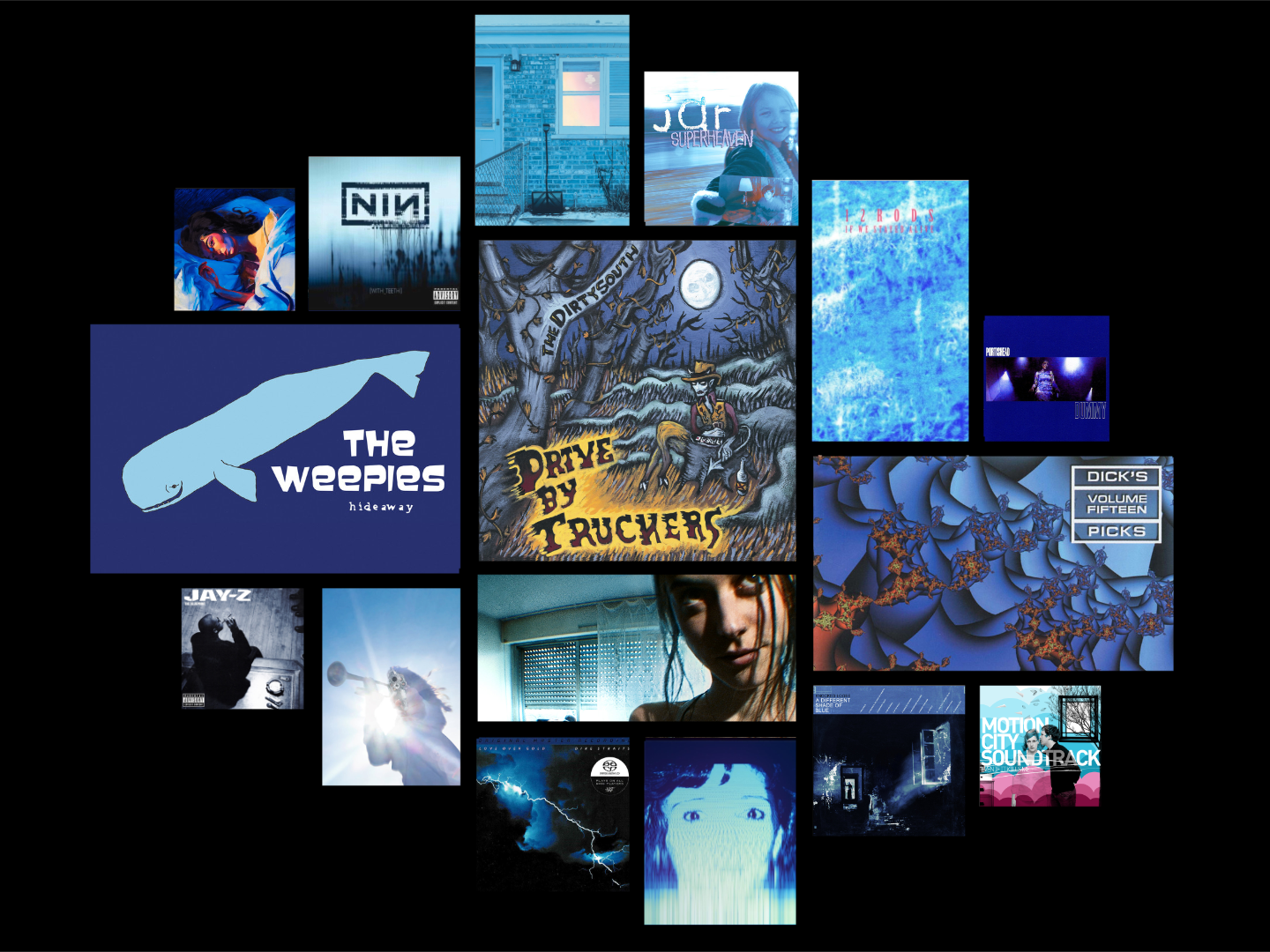A Place For Owls – how we dig in the earth | Album Review
/Broom of Destruction Records
A Place for Owls open up their stellar sophomore album, how we dig in the earth, with “go on,” an acoustic ballad that crescendos into strings, keys, and gang vocals. Lead singer Ben Sooy’s voice is gentle–but not weak–in conveying the general human problem of not being okay at all. This first track is perfectly indicative of the 45 minutes of humane intimacy and tenderness found throughout the record, the strengths that separate APFO from both their influences and their peers.
Once “go on” reaches its peak, “hourglass” roars in with thick, crunchy guitars, crashing cymbals, and Sooy’s beating, bleeding open heart. The song tells the story of his and his partner’s miscarriage presented in momentous, wall-of-sound emotional rock that is textured and carefully layered. It sounds like the color of a densely wooded forest during the first chill, with the warmth of a cabin just a few steps out of reach. It is here that I imagine myself feeling the love Sooy has for his partner, their unborn children, and the life they are building together. Every grain of sand in “hourglass” is the sound of love vying against the unexpected, harsh realities of life.
Without losing the established solemnity of the album, “broken open seed” is as much fun as it is a reflection on the endless nature of waiting for sunlight, the bloom and blossom of oneself.
A broken open seed, imagine me
Lying 'neath the ground all covered in leaves
The very voice of earth
That groans beneath the dirt
When everything's asleep
Everything's asleep
Everything but me
I’ve listened to enough emo music to have developed a keen ear for spotting the quiet-loud dynamic range utilized in many of the genre’s songs. It is a trope of emo that I love, but also one that is expertly subverted on “broken open seed.” One can easily imagine a version of this song that begins quietly, slowly watered with thunderous guitars, and blooms into a headbanging conclusion. Yet APFO go against my ear’s expectations and land in a quiet place to spread their message of love and support for one another. Being themselves is APFO’s superpower.
In contrast to the hooky synths of its predecessor, “huston lake” is another simple and direct ballad reminiscent of the first half of “go on.” Every time I’ve listened to this album, I tear up on this track. I can’t tell you if it’s because I’m a sucker for soft piano and haunting lap-steel guitar or if it is for how beautiful and cathartic it is for me to hear someone let go so enthusiastically when all I do is strive to maintain control in my own life. Perhaps I’m still processing whatever traumas I’ve faced, but I prefer to give grace to Sooy, Nick Webber, Daniel Perez, Ryan Day, Jesse Cowan, and co.: they inspire a release through sparse instrumentation that brings listeners closer to the divine.
At the center of how we dig in the earth lies the one-two punch of “a tattoo of a candle” and “desmond hume.” The former is full of sing-along melodies and the most optimistic lyric I’ve ever heard: “draw your breath in / hope is a weapon.” (I’m already considering a tattoo of that lyric, and the album is not even a month old.) If one follows the extended network of APFO and their Holy Fools, then it is no surprise that they are genuine people who ultimately believe in the beauty of life, community, and love. This authenticity shines through in “tattoo’s” chorus, using specific details to communicate universal feelings:
I'm smoking cigarettes with Daniel
A tattoo of a candle
A flicker and a fade
And everything has changed
I don't need another reason
It's just another season
The leaves will fall and fade
And everything's the same
As “a tattoo of a candle” winds down, “desmond hume” continues the band’s streak of Lost references and ends the A side of the album on an appropriately somber, contemplative note. Evoking the quietude of “go on” and “huston lake,” Webber plays piano and Sooy picks a guitar while reflecting on the death of a stepfather who never really understood him or his complex relationship with his mother.
Along with the solemn devastation inherent in multiple levels of grief, what stays with me in “desmond hume” is the metaphor of spirits in Sooy’s backpack. At the onset of the song, he calls them American Spirits, identifying them as cigarettes. After processing some of his grief throughout the track, the second “Spirits” lyric becomes something else to me. Sure, they are his comfort in times of distress, but they are also the hauntings he carries with him, always just a light away from springing to life.
In “haunted,” Sooy becomes the spirit. Layers of acoustic and twinkly electric guitars accompanied by a lone trumpet isolate his vocal, emphasizing the loneliness he sings about. When Elliott Green and the full band join, APFO enter full-cathartic-anthem territory, foreshadowing the album’s closing track.
It’d be remiss of me not to discuss “help me let the right ones in.” As an avid Jimmy Eat World fan, Sooy knows the importance of the last song on an album. It is the final statement of the record as an artifact. What thoughts and feelings are left with the listener when all is said and done? Not just that, but the last song must put a ribbon on all that’s come before. Unsurprisingly, APFO stick the landing. “help me let the right ones in” is the call to action after an album of grief and gratitude through the lens of elevating tremolo-picked guitars, pounding drums, and a buoyant, thumping bass. If the beginning of how we dig in the earth is green in its earnest descent into catharsis, the end is a dandelion, Coldplay-colored yellow basking in the warmth and intimacy of love, friendship, family, and the acceptance of change.





